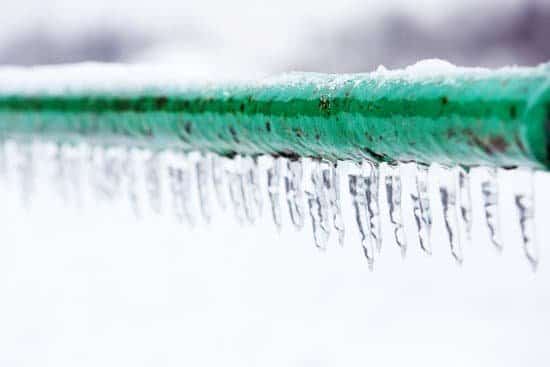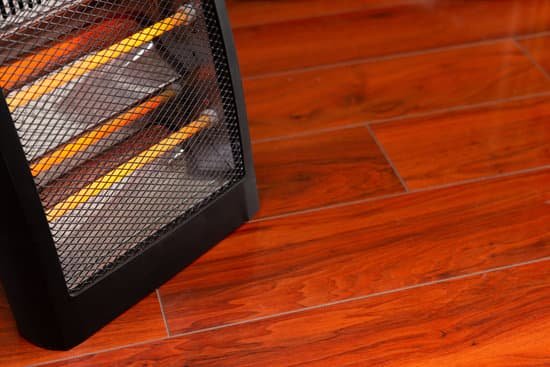
Party Hosting Safety Tips- Super Bowl Sunday
Don’t spend your time worrying about an accident on Super Bowl Sunday, follow these party hosting safety tips and set your focus on the big game (and the commercials).
Party Hosting Safety Tips
Be a Good Neighbor
Just in case things get a little loud, let your neighbors know that you plan on hosting a Super Bowl party. As a courtesy let guests know where to park, so they do not block any driveways, and keep the party indoors or in a fenced-in yard.
Keep Your Pets Safe
Bring pets indoors and lock them in a separate room, far away from the commotion, with a TV or noise machine on. This will not only help them feel less anxious, but it will also give you peace of mind that they are safe and can’t run away.
Check the Food
Make sure your guests do not have any food allergies before you start prepping your meal. As you are cooking, remember to keep raw meats away from other food items and to always wash your hands between dishes.
Lock Up Valuables
Before inviting guests into your home make sure that you have all jewelry, cash, and other expensive items locked safely away and out of sight.
Monitor Alcohol Consumption
Have guests who plan on drinking use Uber or another rideshare service, and make sure to have a set cutoff time at least an hour before the party is over.
Make Sure You are Covered
Let’s face it, accidents happen; especially when you have a rowdy crowd on your hands. Make sure you are covered by your homeowner’s or renter’s insurance policy. If you are unsure, give your California Casualty advisor a call today.
The Proper Coverage for You
If something in your home gets broken or stolen while you have people over, your policy will cover it. But, if you have high-value items like jewelry, antiques, collectibles, or furs, you will need to add extra coverage – scheduled personal property.
If you are serving alcohol, be aware, that hosts can be liable if others are hurt by anyone driving from your party while intoxicated. It’s called the social host liability law. Personal liability coverage will also help in this situation by covering payments of medical bills and lawsuits from someone who was hurt on or off (leaving) your property. However, there are limits, so talk to your insurance advisor about an umbrella policy, for greater coverage.
Other Hosting Safety Tips
Here are some other important safety tips to keep in mind when hosting a party or get together.
-Hire a babysitter for young children
-Get approval from your Homeowner’s Association
-Install proper lighting inside and outside of your home and remove items that could cause someone to trip and fall
-Consider holding your getting together at a restaurant or bar, so you won’t be liable
This article is furnished by California Casualty, providing auto and home insurance to educators, law enforcement officers, firefighters, and nurses. Get a quote at 1.866.704.8614 or www.calcas.com.





 Sheryl Ann Turner
Sheryl Ann Turner